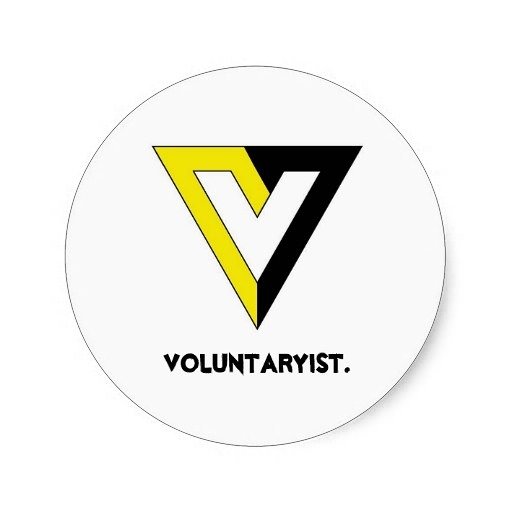
I am a voluntaryist.
Voluntaryism: the doctrine that relations among people should be by mutual consent, or not at all.
I am also an anarchist and libertarian.
Anarchy: the absence of rulers [from the Greek an- (not) archos (ruler)].
Libertarian: a person who believes in the doctrine of free will and upholds liberty as their principle objective.
I'm also an agorist and capitalist.
Agorism: social philosophy advocating for civil disobedience via voluntary exchange without government permission.
Capitalism: private property ownership and free enterprise.
I see all of these as compatible. The common thread is that people have natural rights and should not be slaves or slave masters.
You own your life. The philosophy of liberty is based on the principle of self-ownership and non-aggression.
The opposite of voluntaryism is authoritarianism (involuntaryism). Authoritarians promote violence and control of peaceful people by those who claim authority.
None of this means that I don't support and advocate for people voluntarily organizing and cooperating to accomplish things. In fact, I'm all for it.
Frédéric Bastiat once said:
Every time we object to a thing being done by government, the socialists conclude that we object to its being done at all.
There are legitimate, effective ways of accomplishing worthy goals without resorting to authoritarian control.
Common objections I hear usually go something like this:
"But total freedom would be chaos! There would be no consequences for people behaving badly."
"Nature abhors a vacuum! What would stop warlords from taking over?"
"Who would build the roads/schools/hospitals?"
The answers to these and other common objections to liberty involve a clear understanding of things like natural law, mutual consent, private property, education, persuasion, and free markets.
Rather than attempt an exhaustive list here, I will explain in separate posts how voluntary solutions to societal issues are not just more humanitarian and ethical, but also more practical than coercion.